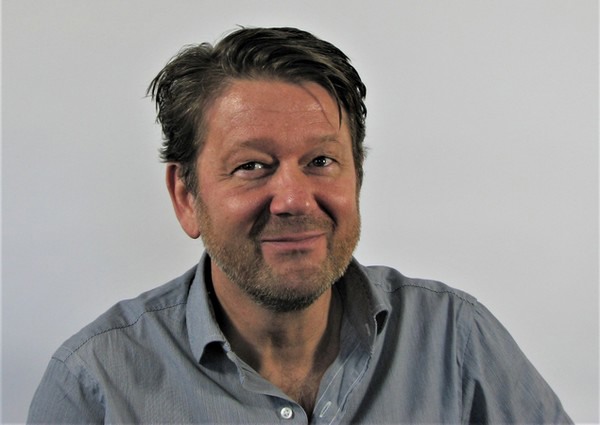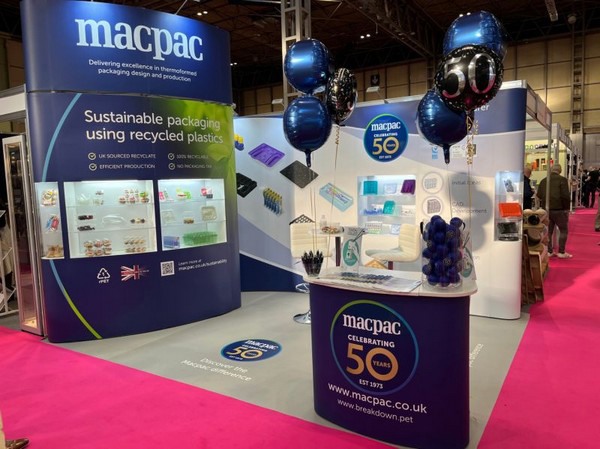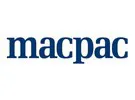Macpac went from a small-scale start-up manufacturer in 1973 to the successful innovative thermoforming packaging company it is today, proudly being able to call themselves one of the UK’s largest privately-owned manufacturers in its sector.
“2023 sees Macpac celebrating its milestone anniversary of 50 years, and we could not be prouder or more excited to celebrate all that Macpac has accomplished during this time in partnership with employees, clients, and industry partners,” the company mentions in a statement regarding their 50th anniversary.
This half a century of conceiving, designing, and manufacturing packaging is no small feat, particularly when taking into consideration how the company had to evolve with such turbulent times and demands driven by climate change and environmental concerns. The achievement is the result of the combined efforts and hard work of every individual at Macpac and is even more remarkable for a privately-owned manufacturer in the packaging sector that is notorious for its short-stay players, numerous acquisitions, takeovers, and mergers.
The early years
In 1973 the company was founded by Chris Kershaw, father of the current owner and Managing Director, Graham Kershaw. With the invention of ‘thermoforming,’ growth was rapid, and in the 1970s, the business relocated to Macclesfield, out of which the name ‘Macpac’ was born.
The business continued to expand throughout the 1980s, with a further move to Bredbury in Stockport due to outgrowing the Macclesfield site. In 1990 Macpac gained ISO9001 accreditation for the development processes put in place for tooling development.
A low point in Macpac history came in 1996 when a devastating fire at the Bredbury factory prompted the move to the current address on the Heaton Mersey Industrial Estate in Stockport. Occupying just a single industrial unit with a modest 4 thermoforming machines on site, Macpac continued to operate and grow.
New generation
In 1997 Chris Kershaw’s son, Graham, returned to the family business after graduating from university and working overseas for 10 years on robot control systems. It is this interest in manufacturing processes & his commitment to the environment that would be a guiding factor in the direction that Macpac would follow in the years ahead, influencing the green credentials of the company’s packaging designs and choice of materials.
By 1998 Macpac realized that to achieve increased productivity, it had to modernize its processes, therefore introducing Computerised Numerical Control machines (CNCs) into its toolroom. This departure from traditional cast aluminum toolmaking provided highly accurate CAD/CAM machining and gave a distinctive competitive edge while speeding up the process. Over the following years, Macpac would continue to invest in supporting the tooling manufacturing process, which plays an important part in feeding the thermoforming machines.
In 2000 Chris Kershaw decided to take a step back from the business, and Graham became the new Managing Director of Macpac. This was to be a turning point in Macpac’s history - with an injection of new investment and forward-thinking ideas.

Graham Kershaw, Managing Director of Macpac
Innovation at its core
Innovation is at the center of Macpac’s ethos, which is evident throughout their company history as well.
In 2003, there was a stampede to move from PVC due to recycling issues and heightened concerns for the environment. Macpac was to be a forerunner in the application of its preferred replacement - Recycled PET (R-PET) - promoting the uptake and use of the material across a wide range of key markets. In 2005 Macpac entered the medical/pharmaceutical sector, naturally using R-PET as the choice of material in its design of the very first thermoformed dosage pill tray, which was to revolutionize the administration of tablets to millions of patients. R-PET has now become the most widely used of all thermoforming materials and, by 2023, makes up over 90% of the material Macpac processes through its factory.
By 2008 and following sizable investment in new thermoforming equipment, Macpac had doubled the size of its factory with the acquisition of adjoining units, with later expansions to the site for larger raw materials and finished goods warehousing. In 2010, a further investment of £750,000 was made in new machinery and staff.
Working with German machine manufacturers Illig, Macpac, always being innovative and looking to improve efficiencies, helped develop a new rewind system for their machines. 2013 saw Macpac install the first Illig 74 down-stacking machine ever made incorporating this new design - this new machine allowed for a reduction of tooling costs without compromising on production efficiencies.
Never standing still, Macpac added a further string to their bow in 2022 by installing the very first down-stacking machine with punch and die capabilities in the UK, giving Macpac even more manufacturing options to better serve customers’ demands.

With a track record like this, it should come as no surprise that Macpac is looking forward to innovating ever further in the future, or as the company puts it, “We are 50 years young and counting, and we are still very much looking forward to what exciting new challenges lie ahead of us.”
For more information:
Macpac Ltd.
Barton Rd, Heaton Mersey Industrial Estate,
Stockport, SK4 3EG, United Kingdom
Tel.: 0161 442 1642
Fax: 0161 442 1643
Email: [email protected]
https://www.macpac.co.uk/










